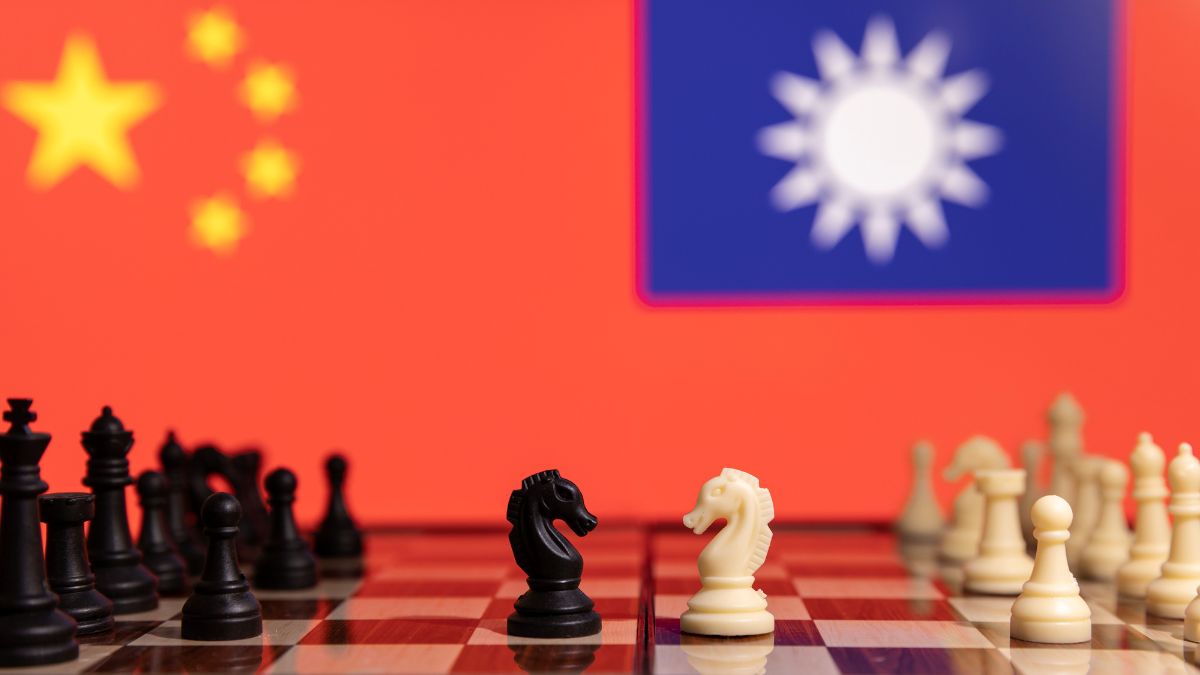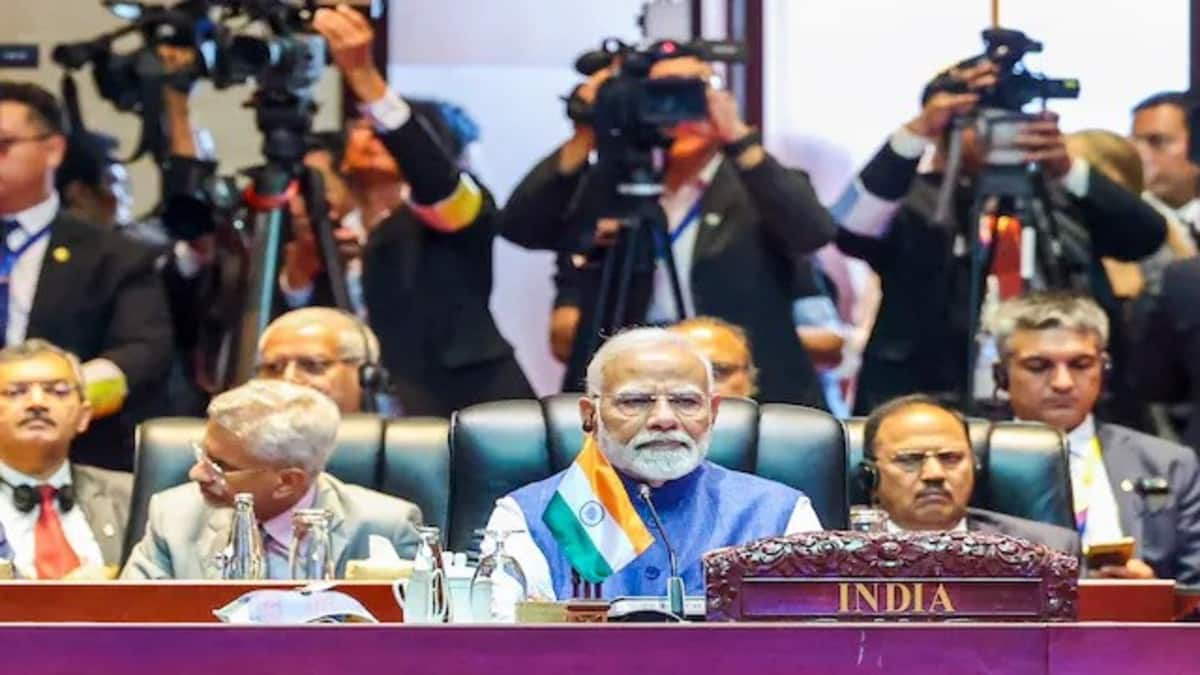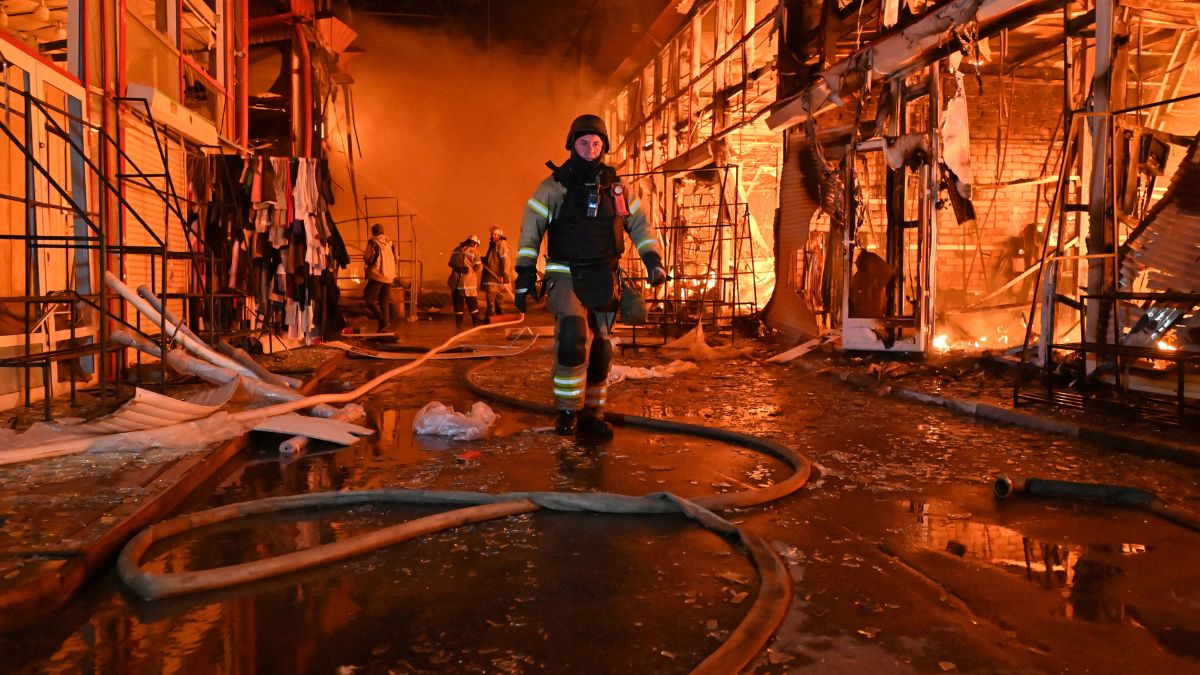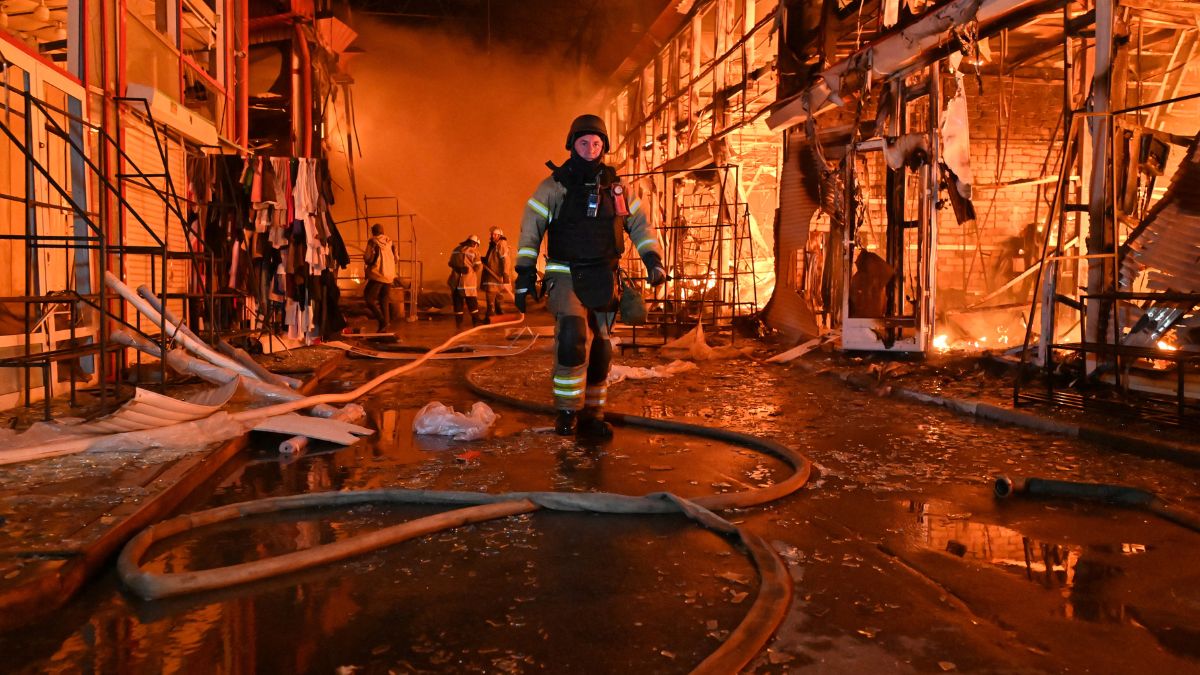October 1 marks 76 years since the founding of the People’s Republic of China (PRC). While Beijing parades its power, East Turkestan, Tibet, and Southern Mongolia remain under brutal occupation, facing systematic colonisation and genocide. These territories are not “ethnic minority regions”, as China claims. That term is a propaganda mask designed to whitewash illegal occupation, erase millennia of history, and delegitimise the sovereign history and identity of non-Chinese peoples.
The PRC’s so-called autonomy—such as the “Inner Mongolia Autonomous Region,” “Xinjiang Uyghur Autonomous Region,” and the “Tibet Autonomous Region”—was never accepted by the native peoples. It was imposed by force and exists solely to legitimise occupation, colonisation, and genocide.
In East Turkestan, millions of Uyghurs, Kazakhs, Kyrgyz, and other Turkic peoples remain subjected to genocide. They are imprisoned, enslaved, sterilised, and torn from their families. Reports indicate that 25,000 to 50,000 Uyghur and other Turkic youths are killed annually for organ harvesting.
In Tibet, Chinese colonial domination has suppressed Tibetan Buddhism, restricted cultural freedoms, and destroyed sacred sites. Tibetan children are also forcibly separated from their families and placed in Chinese state-run “boarding schools” to erase their identity. Southern Mongolia has endured forced assimilation, cultural erasure, and demographic engineering. Autonomy is a lie. It is a façade for occupation and colonisation.
China’s oppression is relentless. In East Turkestan, millions continue to be enslaved, with hundreds of thousands forcibly transferred to Chinese provinces as slave labour. Women are forcibly sterilised and subjected to forced abortions. Like in Tibet, over a million Uyghur and other Turkic children have been forcibly torn from their families and placed in state-run “boarding schools” to eradicate their language, religion, and culture. Across East Turkestan, over 16,000 mosques and countless cultural sites and cemeteries have been destroyed.
Impact Shorts
More ShortsChinese President Xi Jinping’s recent visit to Tibet, marking the 60th anniversary of imposed “Tibetan autonomy,” emphasised integrating Tibetan Buddhism into a “socialist society”. Similarly, during his visit to East Turkestan—commemorating the 70th anniversary of the so-called “Xinjiang Uyghur Autonomous Region”—his statements underscored “social stability” and genocidal policies disguised as “progress,” “modernisation,” and “ethnic unity”. These are not ceremonial words; they are declarations that occupation, colonisation, and genocide are enduring policies. Xi Jinping’s visits make it clear that Beijing intends to perpetuate its colonial domination indefinitely.
China’s narrative of “development” solely benefits Chinese colonists and extractive industries. In East Turkestan, Chinese paramilitary colonists dominate urban centres and resource-rich areas. East Turkestan’s vast reserves of oil, gas, uranium, lithium, and rare earth elements power China’s military and industrial complex. Tibet’s hydropower projects supply electricity to distant Chinese cities while locals remain marginalised. Southern Mongolia’s grasslands have been expropriated for mining and industrial use.
The origins of this oppression trace back to the PRC’s earliest days. On October 12, 1949, eleven days after the PRC was proclaimed, the People’s Liberation Army invaded East Turkestan, overthrowing the independent East Turkestan Republic on December 22, 1949. Less than a year later, in October 1950, Chinese forces invaded Tibet, forcing its leaders to sign the 17-Point Agreement in May 1951. By 1959, the Tibetan government was dismantled, and Tibet was fully annexed into the PRC. Southern Mongolia had also endured a comparable campaign, occupied by the Chinese communists in 1947 as the “Inner Mongolia Autonomous Region.”
China’s occupation of these territories threatens neighbouring nations. East Turkestan borders nine countries, including the Central Asian Republics and India. Tibet borders India and Nepal, and Southern Mongolia borders Russia and the independent Mongolia. Control over these territories grants Beijing strategic depth, resources, and military staging grounds to project power across Eurasia and the Indo-Pacific.
International law is clear: the populations of these territories have never consented to Chinese rule. Occupation, colonisation, demographic engineering, cultural destruction, and genocide are crimes under international law. The UN Genocide Convention defines genocide as acts committed with intent to destroy a group in whole or in part. The PRC’s systematic massacres, mass internment, sterilisation, forced separations, and assimilation, along with physical and cultural erasure, meet this threshold.
The world has largely remained passive. Xi’s visits highlight the PRC’s confidence that its domination will continue unchecked. The anniversaries of Tibet’s and East Turkestan’s imposed “autonomy” are propaganda milestones signalling to the world that conquest is being normalised.
The path forward requires clarity and decisive action. The international community must stop calling these territories “ethnic minority regions” of China. They are occupied nations. The PRC’s “autonomy” framework is a façade for colonial domination. Legal and diplomatic pressure must confront China’s occupation, colonisation, and ongoing oppression. The East Turkestan Government-in-Exile, the Tibetan Government in Exile, and Southern Mongolian organisations are the only legitimate voices representing these occupied territories and their peoples. The world must recognise and support their struggle for decolonisation and liberation.
For countries bordering these captive nations, the stakes are immediate. India, the Central Asian Republics, and Russia cannot ignore Beijing’s consolidation of control. Strategic foresight requires recognising that China’s colonisation, genocide, and occupation of East Turkestan, Tibet, and Southern Mongolia are not internal matters. They are global security threats with direct implications for sovereignty and security across Eurasia and the Indo-Pacific.
Seventy-five years after the founding of the PRC, East Turkestan, Tibet, and Southern Mongolia remain under siege. Millions have died, and tens of millions more live enslaved under constant surveillance, coercion, and threat. Their languages, religions, and identities are systematically targeted for destruction. “Autonomy” has brought nothing but colonisation and genocide. So-called “development” and “modernisation” have enriched only Chinese colonial settlers and the imperial Chinese state.
The PRC’s empire is neither benign nor static. Its continued occupation of non-Chinese territories destabilises borders, threatens neighbouring nations, and projects a model of imperialism that endangers global order. “Autonomy” anniversary celebrations are warnings. The fate of these captive nations is not merely a humanitarian issue; it is a test of whether the world will tolerate a modern empire built on conquest, oppression, and genocide.
For East Turkestan, Tibet, and Southern Mongolia, resistance against Chinese occupation is not optional. The international community must officially recognise these territories as occupied and support their decolonisation and restoration of independence. The PRC’s seventy-five-year record is unmistakable. Left unchecked, it will continue to colonise, oppress, and expand its empire, threatening all nations beyond its current borders. Only concrete international support for the liberation of the Chinese-occupied nations can secure justice, stability, and lasting security.
Salih Hudayar is a Uyghur-American and the Minister of Foreign Affairs and Security of the East Turkestan Government-in-Exile. He also leads the East Turkestan National Movement. His X handle is @SalihHudayar. The views expressed in this article are his own and do not necessarily reflect the views of Firstpost.


)

)
)
)
)
)
)
)
)



